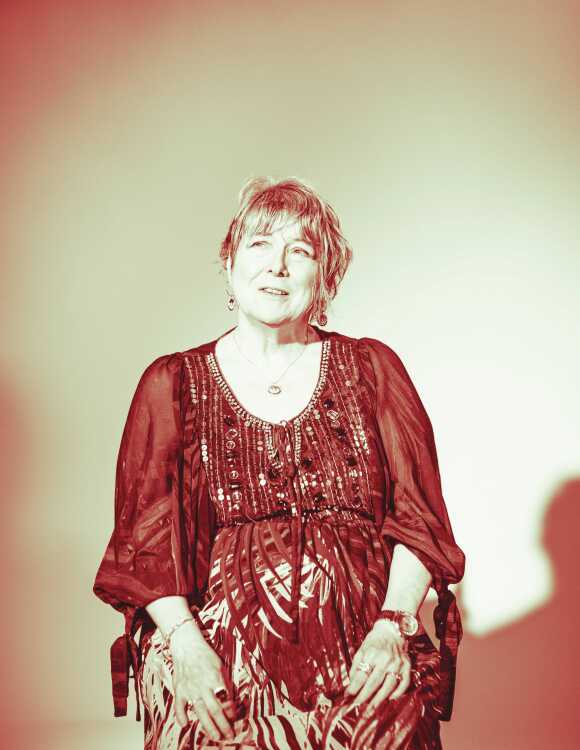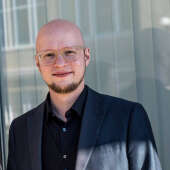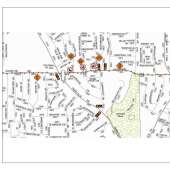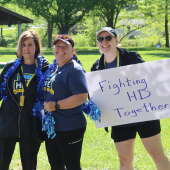2020 Difference Makers: Miki Gudermuth

Editor's note: This is one of 12 Newsmakers stories in B Magazine. To read other stories about area Newsmakers, click here. And to subscribe to the print edition of B Magazine, click here.
Miki Gudermuth has devoted her life to creating safer, more accessible spaces for individuals with disabilities.
She's the recently retired founder and director of SEMO Alliance for Disability Independence in Cape Girardeau. SADI started at her kitchen table, growing into an office run out of her one-bedroom and funded out of her own pocket, into its first office in 1993 and ultimately the nonprofit that it is today.
In 1984, polio survivor Gudermuth moved from Tennessee to Cape Girardeau, creating a post-polio support group in the area. As someone who experiences the late effects of polio, she said she wanted to create a group for anyone experiencing a disability to share the issues they were experiencing. As more and more individuals experiencing post-polio symptoms, spinal cord injuries and other disabilities joined the group, it grew into something more, she said.
"You can only talk about what your disability is for so long," she said, noting that the group soon turned toward proactive solutions for everyday problems. From affordable and accessible housing to public building access to career opportunities, they evolved into an advocacy group centered on creating change in the area.
She said she's always felt the need to help people, which has factored into lifelong advocacy.
In 1988, she became the first person to file a lawsuit against Southeast Missouri State University for inaccessibility in their buildings; as a nontraditional college student at the time, Gudermuth experienced difficulties traveling from class to class. Elevators would be inoperable or simply unavailable, there was not available parking close to buildings, and restrooms weren't accessible. As she found difficulties in accessing classes, Gudermuth said she sometimes had to be carried upstairs at university buildings; she couldn't understand why they couldn't make the public university buildings more easily accessible for everyone.
She described the long-term effects of polio as having a very weakening effect on her body as well as her mind. While polio affected her lower limbs, she found herself relying more on the upper part of her body to move; this strained the muscles. While she aged, she experienced increasing muscle weakness and decreasing strength. As it progresses, Gudermuth said she also experiences frequent brain fatigue. On the other side of it, she said she finds herself having a sharp mind to constantly analyze situations for the safest, most accessible options.
As she pursued the lawsuit, she said she felt a bit of harassment; however, that's something that happens when you put yourself out there, Gudermuth said. At the time, which was prior to ADA regulations, City Hall was also inaccessible to individuals with disabilities. She said she appreciated accessibly efforts that were made by the city, such as allowing her to use the lower level restroom.
Ultimately, she said that it's the willingness to help that's most important to her. In her lawsuit, she wasn't looking for any monetary gain; she was hoping to make changes to create a better environment for herself and others. It's exactly what Gudermuth has done as founder and director of SADI.
Centered on independent living, SADI provides services for individuals with disabilities in the Southeast Missouri area at no cost to the individuals. While she left SADI in 2019, she said she's confident that she left the nonprofit in good hands. Looking back at when she first applied for funding for an independent living center building for SADI in Cape Girardeau, she said she's proud of all that's been accomplished.
"Looking back on all the things I did, and I was wondering how I did all that! How did I have the time?" she said.

































